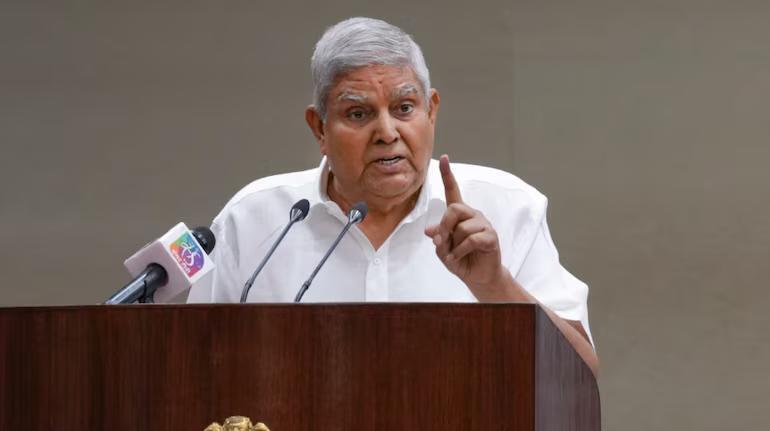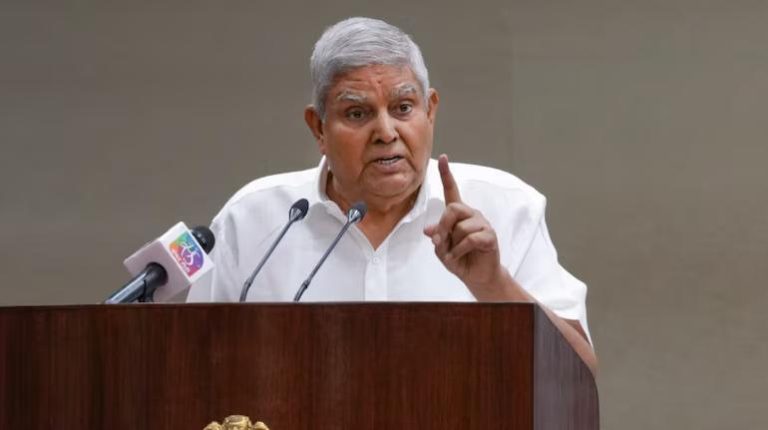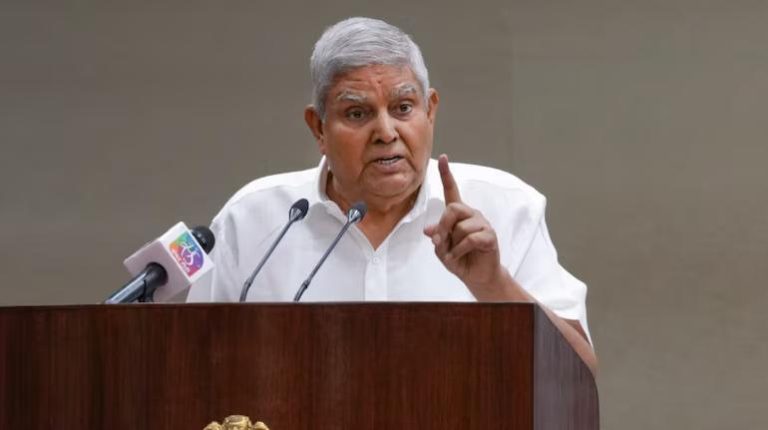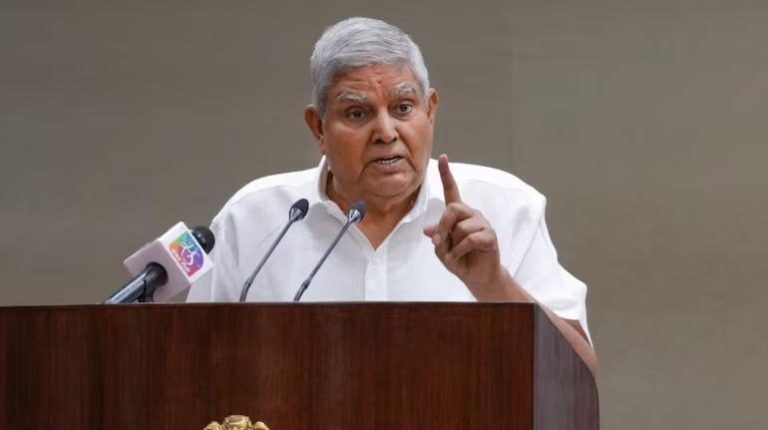
Terrorism is a Global Menace: Vice President Jagdeep Dhankhar Condemns Pahalgam Terror Attack
The recent terror attack in Pahalgam, Jammu and Kashmir, has sent shockwaves across the nation, leaving at least 26 people dead and many more injured. The brazen attack has sparked widespread outrage and condemnation, with Vice President Jagdeep Dhankhar being one of the first to express his grief and solidarity with the victims and their families.
In a statement, Dhankhar said, “I join the nation in expressing profound grief and outrage at the heinous attack in Pahalgam that claimed innocent lives. It is a reminder that terrorism is a global menace.” His words, echoing the sentiments of the entire nation, serve as a stark reminder of the devastating impact that terrorism can have on innocent lives and communities.
The attack, which occurred on [date], has left the people of Pahalgam and the surrounding areas in a state of shock and grief. The victims, many of whom were tourists and local residents, were killed in a brutal attack that was carried out by unidentified gunmen. The attack has been widely condemned by politicians, civil society organizations, and citizens across the country, with many calling for stronger measures to combat terrorism.
Dhankhar’s condemnation of the attack is a significant development, as it highlights the need for a unified and collective response to the growing threat of terrorism. As the second-highest constitutional authority in the country, Dhankhar’s words carry significant weight and are likely to have a profound impact on the national discourse on terrorism.
Terrorism, as Dhankhar so aptly put it, is indeed a global menace. It is a phenomenon that transcends borders and affects people from all walks of life. Whether it is the Middle East, North Africa, South Asia, or Europe, terrorism has the potential to strike anywhere, anytime. The recent attacks in Sri Lanka, New Zealand, and elsewhere serve as a stark reminder of the global nature of terrorism and the need for a collective response to combat it.
In India, terrorism has been a persistent threat, with various groups and organizations using violence and intimidation to achieve their goals. Whether it is the Maoist insurgency in central India, the separatist movement in Kashmir, or the activities of terrorist groups like ISIS and Al-Qaeda, the threat of terrorism is ever-present and requires a sustained and coordinated response.
Dhankhar’s condemnation of the Pahalgam attack is also significant because it highlights the need for the government to take concrete steps to prevent such attacks in the future. While the government has taken several measures to combat terrorism, including the deployment of security forces and the implementation of counter-terrorism laws, more needs to be done to address the root causes of terrorism and to prevent attacks like this from happening again.
One of the key challenges in combating terrorism is the need to address the socio-economic and political grievances that often provide fertile ground for terrorist groups to recruit and radicalize individuals. This requires a sustained effort to address issues like poverty, inequality, and political exclusion, as well as to promote education, economic development, and social justice.
Another challenge is the need to improve intelligence gathering and sharing, as well as to enhance the capabilities of law enforcement and security agencies to detect and prevent terrorist attacks. This requires a coordinated effort between different agencies and departments, as well as a commitment to sharing intelligence and best practices to combat terrorism.
In conclusion, the terror attack in Pahalgam is a stark reminder of the devastating impact that terrorism can have on innocent lives and communities. As Vice President Dhankhar so aptly put it, terrorism is a global menace that requires a collective and sustained response to combat. The government, civil society organizations, and citizens must work together to address the root causes of terrorism, improve intelligence gathering and sharing, and enhance the capabilities of law enforcement and security agencies to prevent such attacks from happening again.





